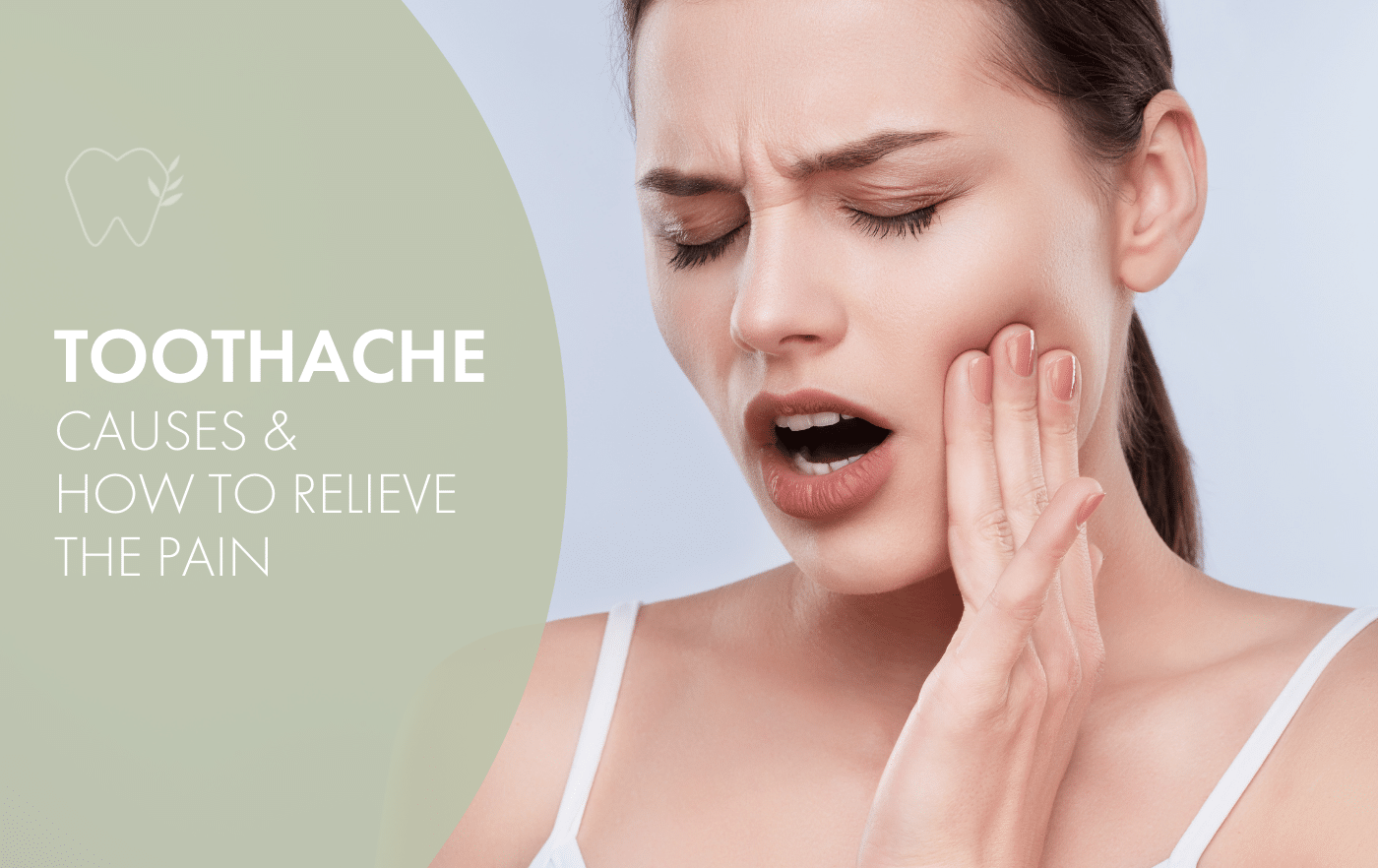
Understanding the Importance of Saliva
While you may not realise, saliva is actually a very important part of your mouth. It helps to stimulate taste buds to sample delicious foods, helps with chewing and swallowing, and can keep you from a dry mouth. It also plays an immensely important role in your oral health. Here’s what you should know.
What is saliva?
Saliva is the clear liquid secreted by salivary glands within the mouth. These microscopic glands are scattered throughout your mouth, tongue, nose, and lips. The majority of saliva is made out of water — about 99%, but that other 1% includes a variety of components like sodium, calcium, proteins, and enzymes. It’s this handful of components that helps regulate bacteria, aids in digestion, and strengthens teeth.
How is it produced?
Saliva comes from the salivary glands that sit at the bottom of your mouth, cheek, and jawline. There are six major salivary glands but many more minor ones. A normal person produces around 2-4 pints of saliva a day. Of course, this amount can vary, but if you produce too little saliva, you could run into a condition known as dry mouth. Produce too much, and you may need to first find the root cause and possibly try a few treatment options to see if any help.
The importance of saliva
Saliva is a big part of a healthy mouth. It helps to regulate germs and fight bad breath, plus it has calcium to help strengthen tooth enamel and combat decay.
One of the biggest benefits of saliva is its ability to aid in digestion. That starts as soon as food enters your mouth. Without saliva, it would be difficult to chew and swallow, plus you wouldn’t enjoy the food as much — saliva helps stimulate taste buds. The enzymes that are found in saliva are the first parts of the digestion process. As you chew your food, these enzymes spark the beginning of digestion, breaking the foods down as they’re distributed around your mouth.
Too little/Too much saliva
So while saliva’s important for a healthy mouth — what happens when you have too little? Or too much? Dry mouth (xerostomia) is a common condition that affects many people. It can be caused by certain medications or different diseases a person suffers from. Dry mouth can cause the tongue and gums to become swollen. This is an uncomfortable condition, and people with dry mouth are more prone to bad breath, tooth decay, and cavities.
There is help — the first line of treatment is to drink more fluids and to chew and suck on sugar-free gum and candies. If that doesn’t help and you still feel you have low saliva production, your doctor or dentist may recommend using an oral rinse or spray known to help combat dry mouth.
Some people may have the opposite problem and produce too much saliva. Again, this is usually the result of different medications or a handful of diseases. While too much saliva usually isn’t a cause for concern, if you find it problematic there are options. Treatments are different for all patients and can depend upon the severity of the problem. They can include medications, botox or surgery.
If you feel like you suffer from dry mouth or have concerns about your saliva production, contact Dr Britt at The Grove Dental Rouse Hill. At The Grove Dental, we can provide you with a comprehensive examination and come up with a treatment plan that’s right for you.





